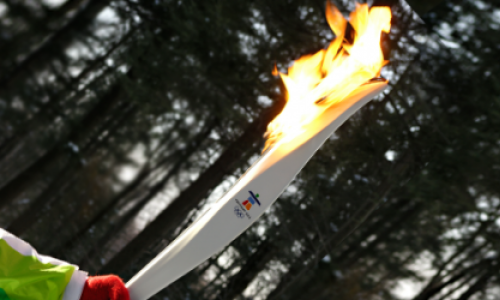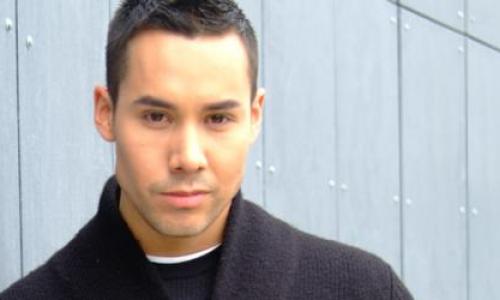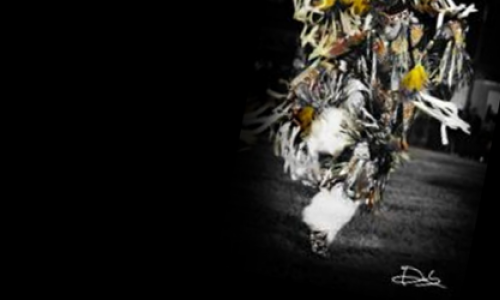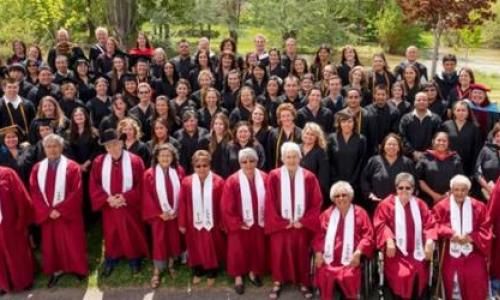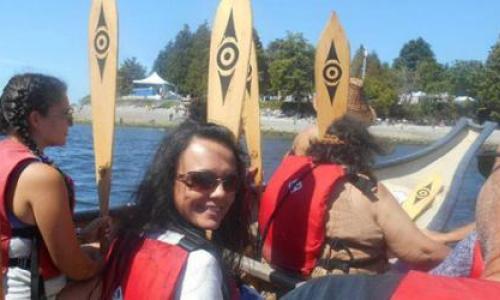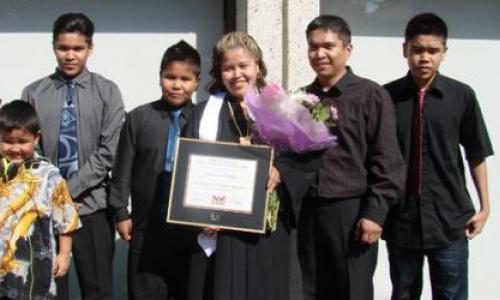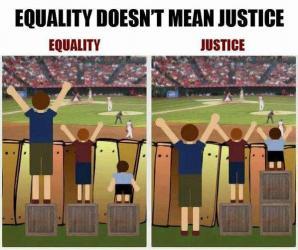
Lately, I have been discussing the topic of white privilege on a fairly regular basis. I had someone say that he understood that privilege exists, but that he had changed his own life, and that others are responsible for changing their own lives as well. I agree with that to a certain degree, however, it is much more complex a situation that just changing one's life. He also asked what he was supposed to do about it, other than continue to be a good person. I thought I would offer my response to others who may be wondering the same things.
"If someone suggests that you are racist simply because you are white I would say that they are speaking from a position of anger, fear and/or ignorance, and part of that anger does come from the fact that most white people deny that there is a problem at all. Though I identify as Aboriginal, I look white, and when I hear others talk about white people, I know they are not talking about me personally but about the system that supports being white and hinders being anything else. It is important for me to understand that because I am white I have advantages in almost every aspect of my life, that people who are not white, do not have and not only that, for which are likely penalized.
Acknowledging that privilege exists is huge. When we begin to see injustices in the world we are able to choose differently. Racism in Canada is not the problem of those being victimized by it. Blaming the victim for his or her own victimization is backward and removes the responsibility from the victimizer. If we are expecting people to take responsibility for the act of victimization, then it has to be by those who are doing it.
Racist policies, racial profiling, violence against aboriginal women, all these issues lead to more issues and create enormous systemic barriers and challenges that make it very difficult for people to get out from under. Imagine for a moment, that ugly life you had. Imagine, killing someone in a drunken blackout, or getting hooked on crack and being sent to prison for some offence. Imagine getting out of prison, going into treatment and being pulled over all the time and asked to submit a Breathalyzer, (which happens often to my male Aboriginal friends). Imagine having spent your early adult years in jail and when you try to find a place to live, no one will rent to you, you try to find a job and no one will hire you.
You are leered at on the street and servers are rude to you in restaurants. You never know if it’s because you are native or because they are just rude. You try to go back to school, but you realize you haven't been taught the most basic reading and writing skills. You know as you are failing that other people are going to assume its because you are native. That is a heavy burden to bear. You keep trying to move forward but people in your family keep dying of drug and alcohol abuse. You father a child, but have no idea how to be a father because you were not shown the proper way to parent because both of your parents went to residential school and they weren't taught to parent either. So, they physically, mentally, sexually abuse you as was done to them.So, instead of abusing your child, you simply abandon him instead and have to carry the guilt and shame of that decision.
You keep trying to move forward, but PTSD haunts you and the only way you can stop the pain is gambling or sex or alcohol or suicide. You can't maintain any lasting relationship because your thinking is so crazy that you think your partner is sleeping with other people or lying all the time, so you hold on tighter and maybe get violent and end up back in jail where you end up getting high again. And when next you are released from jail, your thinking is much worse, your PTSD is worse, your anxiety is worse and you still have to face the outside world that does not support your healing by any stretch of the imagination. Now imagine this is the cycle you are in.
It’s amazing that you personally were able to overcome your difficult childhood, as many other oppressed people do and are continuing to do, but it’s not as simple as just saving oneself. How does a person save oneself when they don't even know how to manage their own money or fill out forms? How does a person do that when they don't have the basic life skills necessary for survival?
I may be creating change in my own life, but do you think I would be where I am right now had I not had the life experiences I've had? But for the grace of God, go I. I am incredibly blessed to have the life I have. It is our responsibility to work toward justice for everyone. I am sure there were many, perfectly pleasant people who cared about others and did their best everyday, in Poland in 1942 as well. Clearly, being a good person isn't enough when it doesn’t help to prevent the injustices done to others.
There are many ways a person can contribute, even if it is simply choosing not to tolerate racist jokes, not voting for people who's policies are oppressive, speaking out against inequality in the workplace, in the home, at school, or giving a hand up to someone who deserves and needs it, not because you are a saviour, but because you acknowledge that you've had a hand up your entire life simply because you are white. Know that those people are simply stepping up to the position that is inherently theirs as an equal member of society.
I can't tell you not to think and feel the way that you do.I would suggest that if there is ‘white guilt’ happening, if there are feelings of being defensive and feeling blamed or attacked, that you are taking it too personally. Who cares if there are people out there that blame you personally for it? How is that even relevant if you have a strong enough sense of self to know that you are not personally to blame for societies ills? What about the people who just want to be heard and just want a fair shot? I don't think it’s too much to ask to listen to those people who experience this oppression on a daily basis and do what we can to carry some of that burden ourselves."










